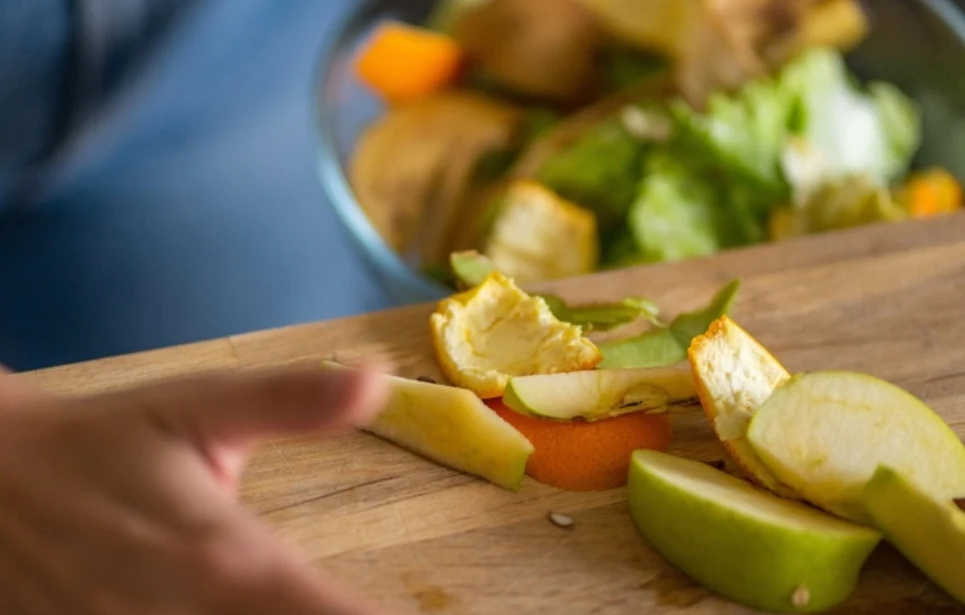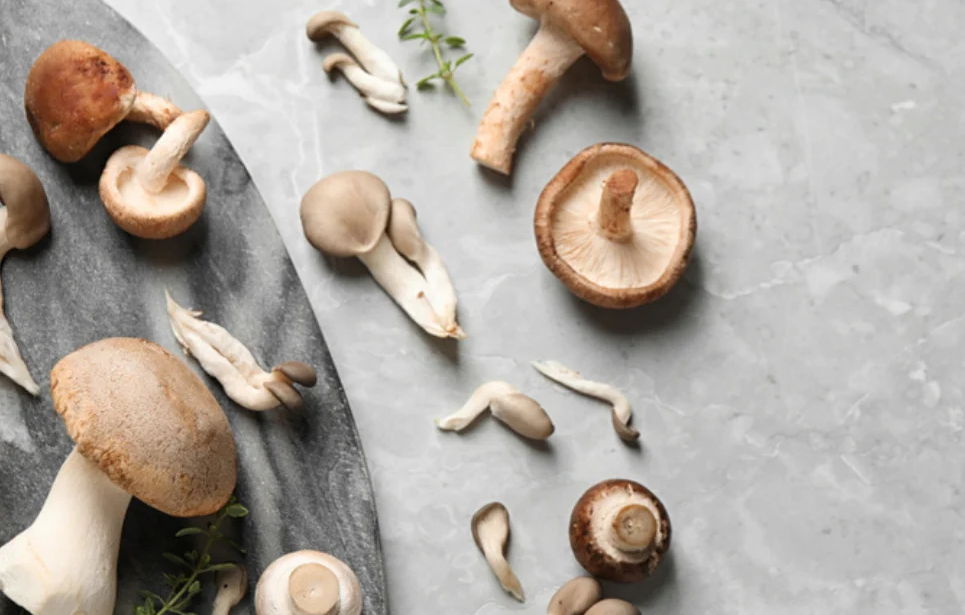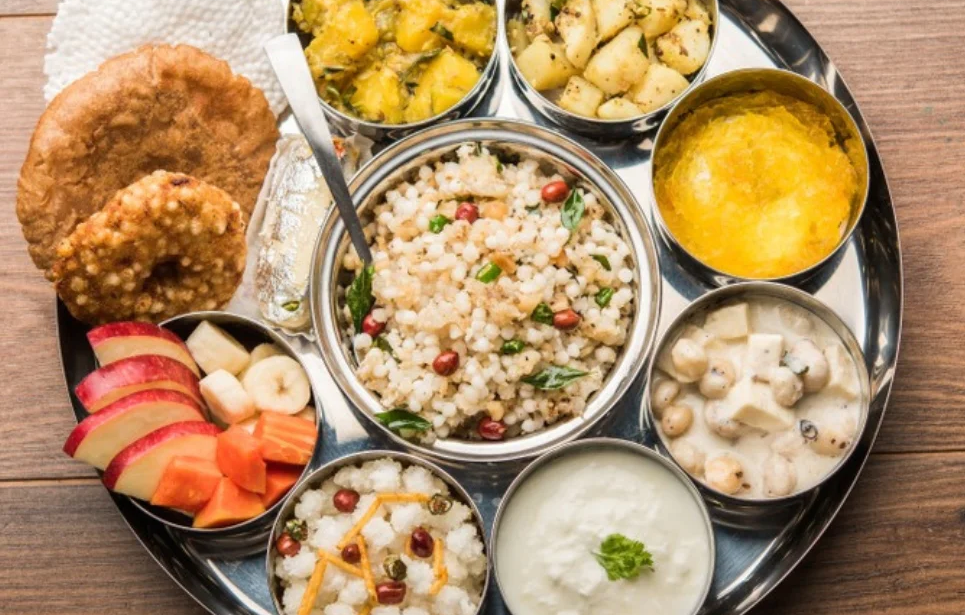Did you know that nearly one-third of all food produced globally goes to waste? Zero-waste cooking is a fantastic way to combat this staggering statistic while enhancing your kitchen skills and being kinder to the planet. It’s not just a trend; it’s a mindful approach to using every part of your ingredients and minimizing food waste. Let’s dive into how zero-waste cooking can make a difference and how you can apply it in your kitchen, especially with Zama Organics’ high-quality products.
Zero-waste cooking is a sustainable approach to food preparation that focuses on using every part of your ingredients, reducing food waste, and maximizing the value of groceries. Instead of discarding scraps like vegetable peels, stems, or overripe produce, zero-waste cooking encourages repurposing these parts into new dishes, or compost. It’s an eco-friendly way to minimize waste, save money, and contribute to a healthier planet.
THE PROBLEM OF FOOD WASTE
Did you know that one-third of all food produced globally goes to waste? That’s 1.3 billion tons of food lost each year. This waste has a huge impact on the environment, with food rotting in landfills. Moreover, wasting food also means wasting the resources used to produce it—water, labor, energy, and land. By embracing zero-waste cooking, we can reduce food waste and lessen our environmental footprint.
THE ENVIRONMENTAL IMPACT OF FOOD WASTE
Food waste contributes significantly to environmental damage. When food rots in landfills, it produces methane—a potent greenhouse gas that contributes to climate change. According to studies, food waste accounts for 8-10% of global greenhouse gas emissions. Imagine if we could reduce that by simply using up all our ingredients!
BENEFITS OF ZERO-WASTE COOKING
ECONOMIC BENEFITS: SAVE MONEY
When you learn to use every part of your groceries, you’ll be amazed at how much money you save. For instance, turning vegetable scraps into broth or using overripe fruits in smoothies prevents you from having to buy additional ingredients.
ENVIRONMENTAL BENEFITS: REDUCE WASTE AND CARBON FOOTPRINT
Every meal you make without throwing away food helps reduce methane emissions from landfills and conserves resources. Zero-waste cooking is an easy way to fight climate change from your kitchen.
HEALTH BENEFITS: FRESH, WHOLESOME INGREDIENTS
Zero-waste cooking encourages you to use fresh, whole ingredients instead of relying on processed foods. This can lead to healthier meals, as you incorporate every part of organic fruits, vegetables, and grains into your diet.
HOW TO MAKE THE MOST OF YOUR GROCERIES
1. PLANNING MEALS WITH EVERY INGREDIENT IN MIND
The key to zero-waste cooking is planning. Before you even hit the grocery store, think about how you can use every part of the ingredients you plan to buy. For example, can the stems, leaves, or skins of your produce be used in another meal?
2. SMART GROCERY SHOPPING
Buy only what you need to avoid over-purchasing, which can lead to food waste. With Zama Organics, you can ensure you’re buying high-quality organic products that will stay fresh longer due to their nutrient-rich farming practices.
3. STORE FOOD PROPERLY
Extend the shelf life of groceries by storing fruits and vegetables in the right conditions and using airtight containers for leftovers. Label items with dates to track.
4. KEEP TRACK OF YOUR INVENTORY
Regularly check your pantry and fridge before shopping. Keeping an inventory helps avoid unnecessary purchases and ensures you use what you already have.


